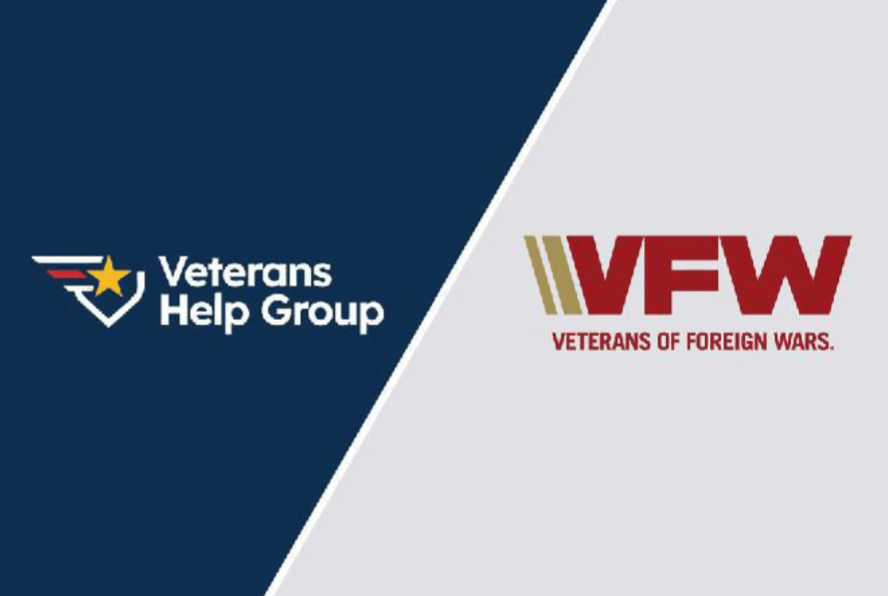
Table Of Contents
Is a “Buddy Letter” Helpful for My VA Disability Claim?
When you file a VA disability claim, you’ll need to provide the VA with evidence of your medical condition, evidence that your medical condition is service-connected, and evidence of the extent of your symptoms and the limitations they cause. A buddy letter can help to establish a service connection or help the VA understand the nature and extent of your symptoms–or both.
The best way to learn how a buddy letter may help you VA disability claim and who is in the best position to provide such a letter is to talk to an experienced VA disability benefits advocate. You can schedule a consultation with a knowledgeable advocate at Veterans Help Group right now–just call 855-855-8992.
In the meantime, the information below will give you a general overview of how a buddy letter can help support a VA disability claim.
What is a Buddy Letter?
A buddy letter, or buddy statement, is a statement provided by a lay person (versus a medical professional) in connection with your VA disability claim. Some common examples include a fellow service member who was present for the in-service event that you are claiming caused your disability or a friend or family member who has witnessed the type of symptoms you’re experiencing and how they impact your day to day life.
Why are Buddy Letters Helpful?
Your doctors can provide information about your diagnostic testing, their observations during examinations, and the symptoms you have reported over time. Your military records may show that you were impacted by an in-service event or served in a location where you may have suffered toxic exposure, noise exposure or some other risk. But only you and the people in your life know exactly when you started to experience symptoms, when they worsened, and how they affect your ability to work, care for yourself, and manage other aspects of your life.
The fuller picture painted by these personal observations can make the VA’s job easier, and can help to establish your service connection or more favorable VA disability rating.
To learn more about what makes an effective buddy letter and other ways Veterans Help Group can help you submit the strongest possible VA disability claim, call us at 855-855-8992 or fill out our contact form right now.
More About Your VA Disability Here:
Important PACT Act Update: VA Expands Presumptive Conditions – Easier for Veterans to Get Benefits
Dependency and Indemnity Compensation (DIC) Rates for 2025

Different Types of 100% VA Disability Ratings (Updated September 2025)
Different Types of 100% VA Disability Ratings (Updated September 2025) If you’re applying for or...

Congress Aims To Streamline Community Care For Veterans
Congress Aims To Streamline Community Care For Veterans Obtaining approval to see a doctor outside...

Major Victory: VA Invests Over $800 Million to Fight Veteran Homelessness
Major Victory: VA Invests Over $800 Million to Fight Veteran Homelessness The Department of...





